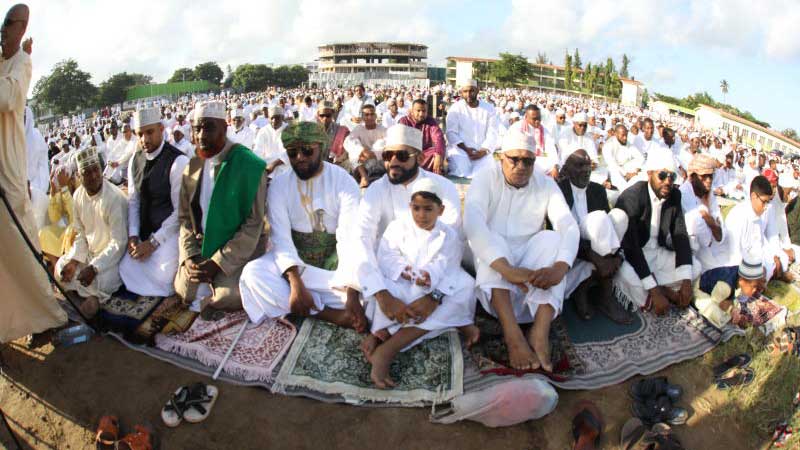×
The Standard e-Paper
Fearless, Trusted News

For the third time in a row, I am writing about corruption and its ills in the Society. This only signifies how important this subject is to the Kenyan people in the wake of the daily reports about mega scandals. When in the 1990’s news on the Goldenberg scam broke, the figures mentioned then were just a few billion shillings.
Then, everyone was shocked and it was like Kenya was never going to recover from that scandal. Today, the amounts we are seeing through the news media is to say the least, mind boggling.